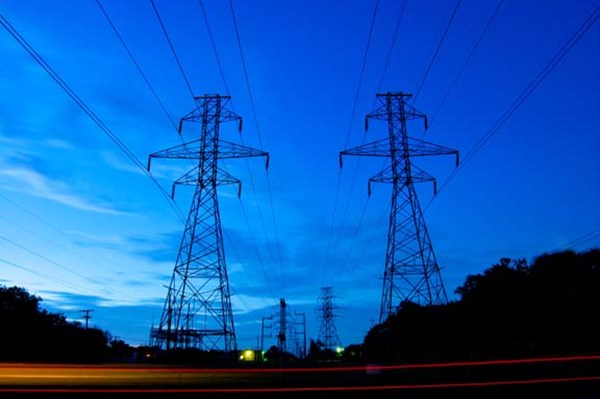Russia finds way to circumvent Crimean sanctions to power the peninsula
Russia has found an original way to provide electricity to the annexed peninsula using European technologies to circumvent the sanctions imposed by the European Union. As Reuters reported on 5 August, citing several sources, Russian companies have approved a plan to use turbines manufactured by Siemens Gas Turbine Technologies, LLC and a Russian company, Power Machines, which opened a plant in Saint-Petersburg last year, to construct power plants in the Crimea.
Siemens categorically denied its intentions to send them to Crimea. The company says its joint venture is making turbines for a separate plant on Russia’s Taman Peninsula, which is separated from Crimea by a strait, not for plants inside Crimea itself.
The Russian government has not disclosed the source of the turbines for the two planned power plants in Crimea and Energy Minister Alexander Novak has refused to comment. Technopromexport, a company which is part of the State Corporation Rostec and a buyer of power plant construction services, stated that the turbines manufactured by Siemens Gas Turbine Technologies LLC will not be used in the construction of power plants in the Crimea.
It has said it could use Siemens turbines in Taman, although it is not in fact clear whether any plant will be built there at all, as a proposal to build a plant there received no bids. Sanctions against Crimea and Russia imposed by the European Union prohibit European companies from supplying energy technologies to the peninsula. However, sources who were familiar with the technical details of the plants, said they are compatible only with Siemens turbines. One of the sources stated that the turbines will be transferred to the peninsula within the next two months.
Legal experts contacted by Reuters stated that there are no precedents to establish whether Siemens would be in violation of the sanctions if its Russian joint venture built turbines for Taman and then a third party sent them to the Crimea. The experts said they would advise companies to be cautious about transactions involving technology that could go to the Crimea, because of the risk that it could be considered a sanctions violation.
"Sanctions are broadly defined and lack precision in some areas. Companies doing business with the Crimea should therefore be very cautious and should study very carefully whether or not goods or services are subject to sanctions," a lawyer from CMS Hasche Sigle, based in Moscow and Düsseldorf, Thomas Heidemann said.
The European Commission stated that the issue of companies’ responsibility for violating sanctions is controlled by the national Governments of the countries is under which jurisdiction they belong.
"Restrictions approved by the European Union are clear. Their implementation is in the hands of the EU member countries," a spokesman of the European Commission stated. A spokesperson of the German Ministry of Economy stated that she cannot comment on the situation.
After the annexation of the Crimea by Russia in March 2014, the shortage of energy and water has become more acute on the peninsula – in both sectors the Crimea is mostly dependent on mainland Ukraine. Last year the peninsula was cut off after the power lines were blown up in the Kherson region. The Government of the Russian Federation officially reported their intentions to gradually eliminate the energy dependence of the annexed territory from Ukraine.
